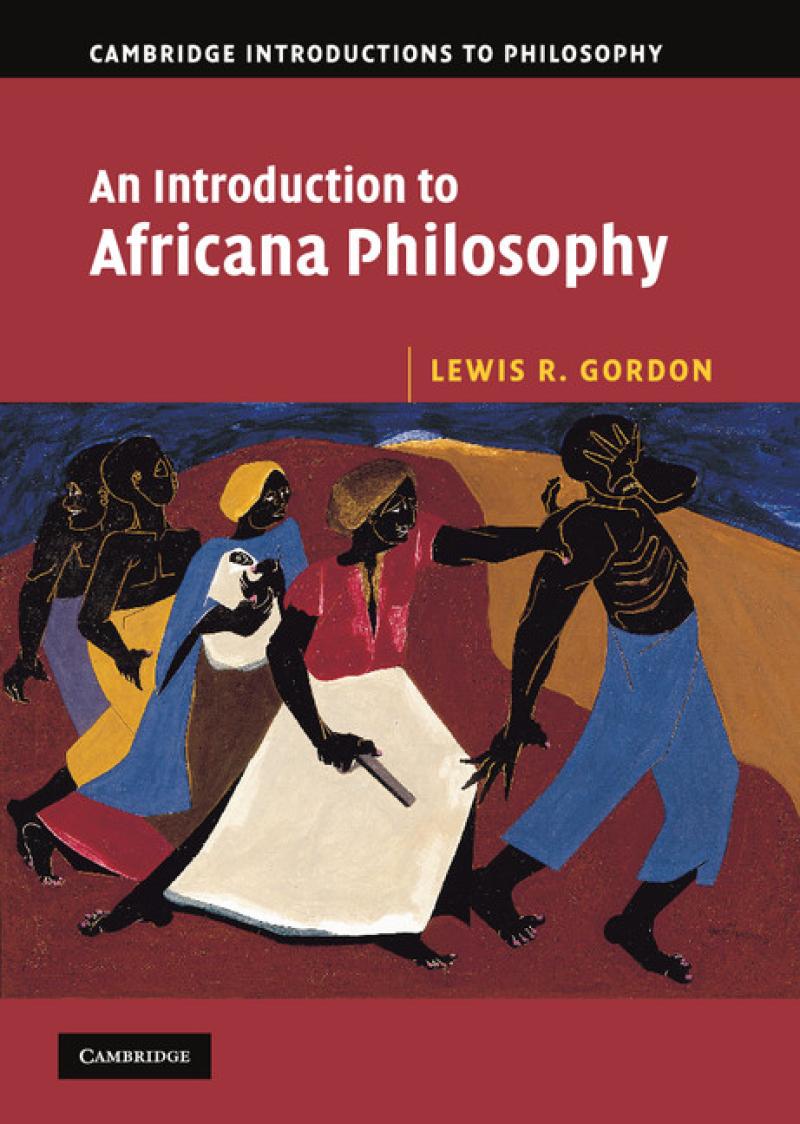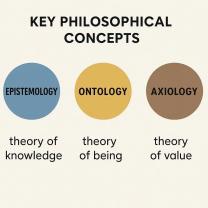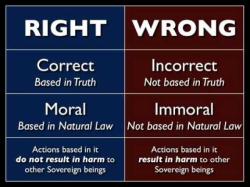What should African philosophy be?
African philosophy is a diverse and dynamic field that encompasses a wide range of perspectives, traditions, and intellectual currents across the African continent. It reflects the rich cultural heritage, historical experiences, and philosophical thought systems of Africa's diverse societies. The question of what African philosophy should be is complex and subjective, as there is no single, monolithic African philosophy. However, some key considerations and aspirations for African philosophy include:
Cultural Diversity and Pluralism:
- African philosophy should embrace and celebrate the cultural diversity and pluralism within the continent. It should recognize and respect the multitude of philosophical traditions, belief systems, and worldviews that exist across different African societies.
Integration of Oral Traditions:
- Given the oral nature of many African societies, African philosophy should value and integrate oral traditions, storytelling, proverbs, and communal wisdom as legitimate sources of philosophical insight. It should acknowledge the importance of indigenous knowledge systems.
Engagement with Global Philosophical Discourse:
- African philosophy should actively engage with global philosophical discourse, contributing to and dialoguing with philosophical traditions from around the world. This involves participating in debates on ethics, metaphysics, epistemology, and other philosophical domains.
Social and Political Relevance:
- African philosophy should address pressing social, political, and ethical issues facing African societies. It should be relevant to contemporary challenges, offering insights and perspectives that contribute to the well-being and development of African communities.
Critical Reflection on Colonial Legacies:
- African philosophy should critically reflect on the legacies of colonialism and its impact on African thought. This includes examining how colonial histories have influenced philosophical discourse and exploring ways to decolonize philosophical perspectives.
Interdisciplinary Collaboration:
- African philosophy should embrace interdisciplinary collaboration, engaging with other fields such as history, sociology, anthropology, and the sciences. This collaborative approach can enrich philosophical inquiry and address complex issues holistically.
Ethical Foundations:
- African philosophy should emphasize ethical considerations and moral values. It should explore indigenous ethical frameworks, emphasizing principles such as communalism, ubuntu (humaneness), and social harmony.
Epistemic Justice:
- African philosophy should advocate for epistemic justice, recognizing and valuing different ways of knowing and producing knowledge. It should challenge Eurocentric biases and promote inclusivity in philosophical scholarship.
Philosophy of Liberation:
- African philosophy can draw inspiration from the philosophy of liberation, seeking to address issues of injustice, inequality, and oppression. It should contribute to the liberation of African minds and societies from various forms of domination.
Continued Evolution and Innovation:
- African philosophy should be open to continued evolution and innovation. It should not be static but should adapt to changing circumstances and incorporate new ideas and perspectives.
Ultimately, the nature and direction of African philosophy are shaped by ongoing conversations, debates, and the contributions of diverse thinkers. The plurality of voices within African philosophy is a strength, reflecting the richness of Africa's intellectual heritage.
The nature and focus of African philosophy in contemporary discourse is a dynamic and multifaceted topic with rich and ongoing debate. Here are some key points to consider:
1. Nature and Focus:
- Shifting sands: African philosophy is not a monolithic entity. It encompasses diverse traditions, methodologies, and approaches that have evolved over time and continue to adapt to contemporary realities.
- Beyond the "other": Moving away from an emphasis on simply responding to Western philosophical frameworks, African philosophy is increasingly reclaiming its own agency and shaping its own agenda.
- Rooted in lived experience: African philosophy often engages with concrete social, political, and environmental issues faced by African communities, addressing concerns like poverty, justice, health, and cultural identity.
- Epistemological diversity: Diverse sources of knowledge are acknowledged, including ancestral wisdom, oral traditions, indigenous practices, and artistic expressions, alongside academic scholarship.
2. Prioritizing Principles and Themes:
- Ubuntu (humanity towards others): A central concern for many African philosophers, emphasizing interconnectedness, communal responsibility, and care for the well-being of all.
- Justice and liberation: Addressing historical and contemporary injustices, including colonialism, racism, and economic inequality, while seeking solutions for collective empowerment and development.
- Environmental responsibility: Recognizing the deep connection between humans and the natural world, promoting sustainable practices and ecological ethics.
- Decolonization of knowledge: Critically examining Western philosophical frameworks and methodologies, questioning their universality and developing alternative epistemologies rooted in African experiences.
3. Contributions to Global Conversations:
- Expanding the philosophical landscape: Offering diverse perspectives and challenges to dominant Western philosophical traditions, enriching global discourses on ethics, metaphysics, and political theory.
- Rethinking universalism: Questioning the assumptions of universal truths and values, highlighting the importance of cultural context and plurality in philosophical inquiry.
- Addressing global challenges: Providing valuable insights into issues like environmental degradation, pandemics, and intercultural dialogue, offering alternative frameworks for tackling these challenges.
4. Ongoing Debates and Discussions:
- Methodological questions: Debates concerning appropriate methodologies for researching and expressing African philosophy, balancing academic rigor with traditional knowledge systems.
- Engagement with global trends: How to relate African philosophy to contemporary global philosophical concerns like bioethics, artificial intelligence, and globalization.
- Relevance in African societies: Ensuring that African philosophy remains relevant and accessible to people on the continent, engaging with local communities and applying philosophical insights to practical problems.
5. Shaping the Future:
- Broader inclusivity: Encouraging the participation of women, youth, and marginalized voices in shaping the future of African philosophy, reflecting the continent's diverse perspectives.
- Interdisciplinary dialogue: Engaging with other disciplines like history, anthropology, and literature to enrich philosophical inquiry and broaden its impact.
- Public engagement: Promoting wider public understanding and appreciation of African philosophy through education, media outreach, and cultural initiatives.
Ultimately, the nature and focus of African philosophy in contemporary discourse is shaped by ongoing conversations, evolving needs, and diverse voices. By recognizing the richness and complexity of this field, acknowledging its historical context, and encouraging inclusive and critical engagement, we can pave the way for a vibrant and impactful future for African philosophy in the global arena.
Remember, these are just some initial points to consider. The nature and future of African philosophy are open to discussion and interpretation, and your own perspectives and contributions can help shape this ongoing dialogue.













